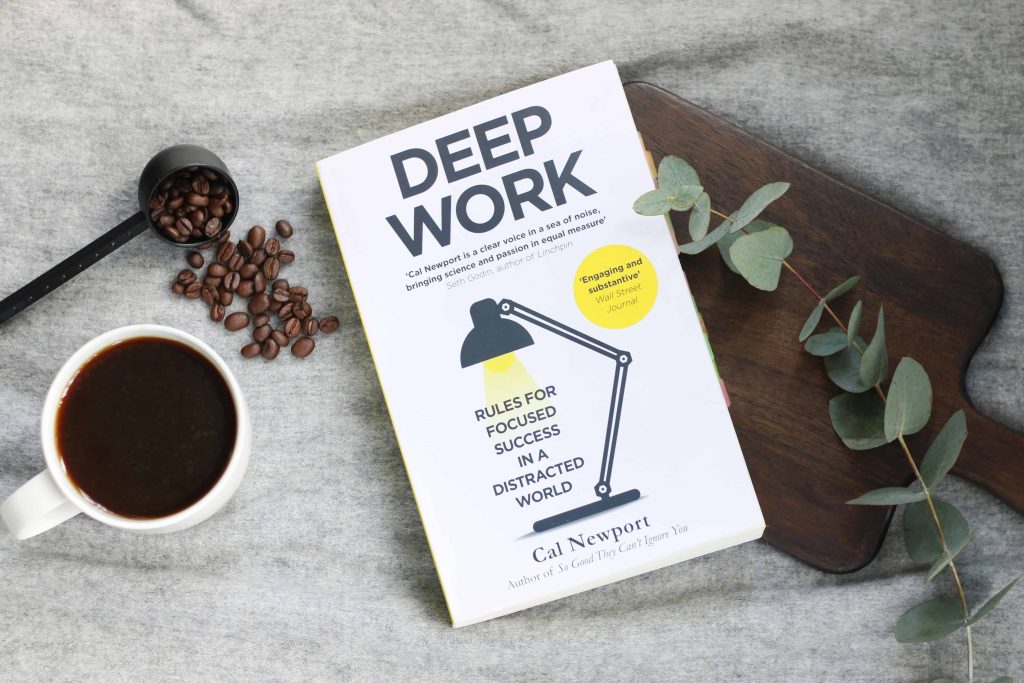
09 Jun The Power of Two: Key Benefits of Author Collaborations
Introduction to Benefits of Author Collaborations
Author collaboration is the process where two or more writers work together to produce a piece of literature, such as a novel, short story, or nonfiction book. This approach has gained popularity in recent years, largely due to the rise of digital communication tools that allow writers to work together across distances with ease. As the publishing industry continues to evolve, collaborative writing has become a practical and creative option for authors seeking fresh approaches and shared creative experiences. These partnerships offer numerous advantages—not only for the authors involved but also for readers and the literary world as a whole. Through the combination of diverse talents, shared creative visions, and mutual support, author collaborations have the potential to enrich storytelling and transform the writing process.
Enhanced Creativity and Idea Generation
One of the most powerful advantages of collaborating with another writer is the boost in creativity that comes from combining different perspectives and styles. Each writer brings unique insights, life experiences, and narrative techniques to the table. When brainstorming together, authors can generate ideas that neither might have conceived on their own. This collaborative synergy often leads to the development of more complex plots, deeper characterizations, and unexpected twists that make stories more engaging and original.
Working with a partner also helps overcome creative blocks that can stall progress. When one writer feels stuck or unmotivated, the other can offer new suggestions, encouragement, or simply a different angle on a troublesome part of the narrative. This shared problem-solving helps maintain momentum and keeps the writing process moving forward.
In many successful collaborations, writers complement each other by bringing different strengths to the project. One may be particularly skilled in creating compelling dialogue, while the other excels at building immersive worlds or crafting intricate plots. These complementary abilities can elevate the quality of the writing and result in a more well-rounded and satisfying final product.
Increased Efficiency and Productivity
Collaborative writing often leads to increased efficiency, as responsibilities can be divided between the partners. With clear communication and a structured plan, authors can work on different parts of the project simultaneously, significantly reducing the time it takes to complete a manuscript. This division of labor is especially helpful for managing large or complex projects that might be too overwhelming for one writer to handle alone.
Shared accountability is another productivity booster. When two writers commit to a joint project, they are more likely to stay on track and meet their goals. Regular check-ins and mutual encouragement foster a sense of discipline and momentum that can be difficult to maintain when working solo.
Moreover, the editing and revision process can be more effective in a collaboration. Having a partner means there is always someone to provide immediate feedback and a second perspective on sections that need improvement. This internal peer review helps catch inconsistencies, polish the prose, and refine the overall structure of the work before it’s shared more broadly.
Expanded Reach and Audience
Collaborating with another author can significantly broaden a book’s potential audience. When writers promote a joint project, they introduce each other to their respective readers, expanding the reach of the book beyond what each could achieve alone. This kind of cross-promotion allows both authors to tap into new readerships and increase their visibility in a crowded literary marketplace.
Additionally, combining two distinct writing voices can create a more appealing product for a wider audience. A book co-authored by individuals with different styles or genre preferences can attract readers who might not otherwise be interested in the work of a single author. This fusion of styles offers a unique experience that stands out from traditional solo-authored books.
With two authors contributing to promotional efforts—such as coordinating online content, organizing events, or engaging with readers—the marketing workload becomes more manageable and dynamic. Working together enables more creative and sustained outreach, which can help build long-term interest in the collaboration and future projects.
Professional Growth and Skill Development
Collaborating with another author is an excellent opportunity for personal and professional growth. Writers can learn new techniques and storytelling methods simply by observing how their partner approaches the craft. Exposure to a different writing process—whether it involves outlining, drafting, or revising—can introduce new strategies that an author may adopt in future solo projects.
Receiving feedback from a collaborator also sharpens critical thinking and editing skills. Because the feedback comes from someone with a shared investment in the story, it is often more thoughtful and constructive than generic critiques. Over time, this exchange fosters resilience and improves a writer’s ability to self-edit effectively.
Furthermore, writing partnerships often lead to meaningful professional relationships within the writing community. Collaborations open doors to new connections with editors, publishers, and other authors, which can lead to future creative opportunities. Even if the collaboration is a one-time project, the experience helps writers expand their network and gain valuable industry insights.
Personal and Emotional Benefits
Beyond the creative and professional advantages, author collaborations offer important emotional rewards. Writing can be a solitary and sometimes isolating endeavor. Sharing the journey with a partner brings companionship and a sense of mutual understanding that makes the process more enjoyable and less daunting.
During challenging moments—such as dealing with writer’s block, navigating revisions, or experiencing moments of self-doubt—having a supportive partner can make all the difference. The emotional encouragement that collaborators provide one another helps sustain motivation and enhances overall well-being.
Additionally, co-authoring often leads to strong personal bonds. Working closely on a shared creative vision fosters trust, respect, and a sense of achievement that can deepen into lasting friendship. These connections make the writing experience more rewarding and can have a positive impact on both the project and the writers’ personal lives.
CONCLUSION
Author collaborations offer a wealth of benefits that extend far beyond the act of co-writing. From enhanced creativity and improved productivity to professional development and emotional support, writing with a partner can transform the way authors approach their craft. In today’s interconnected literary world, collaboration is not just a creative strategy—it’s a powerful tool for innovation and growth. As more writers discover the value of shared storytelling, collaborative projects are likely to become even more influential in shaping the future of literature.
KEY TAKEAWAYS
- Enhanced Creativity: Collaborating brings together diverse perspectives and skills, leading to more original ideas, stronger plots, and well-developed characters.
- Greater Efficiency: Shared tasks and mutual accountability help writers stay productive, meet deadlines, and improve the manuscript through real-time feedback.
- Broader Audience Reach: Co-authored books benefit from dual promotion and cross-audience exposure, increasing visibility and appeal to a wider readership.
- Skill Development: Writers learn from each other’s techniques, strengthen their editing abilities, and gain industry insights, boosting their professional growth.
- Emotional Support: Writing with a partner provides motivation, reduces isolation, and often builds lasting personal and creative bonds.
FAQ
What are the biggest creative advantages of author collaborations?
Collaborating with another author sparks creativity by merging different perspectives, writing styles, and life experiences. This synergy often leads to more dynamic storytelling, deeper character development, and innovative plotlines—producing work that is richer and more engaging than what one writer might achieve alone.
How does co-authoring a book improve productivity and time management?
Co-authors can divide tasks and work simultaneously, speeding up the writing process. With shared deadlines and mutual accountability, writers stay motivated and focused. Regular feedback from a partner also streamlines editing and revisions, helping produce a polished manuscript more efficiently than solo efforts.
Can author collaborations help build a larger readership?
Yes, collaborations can expand an author’s audience by combining fan bases and increasing promotional reach. Joint projects often attract a broader demographic by blending different genres or writing voices, and co-authors can support each other’s marketing efforts, boosting visibility in the competitive publishing world.
Whether you’re a debut novelist, a poet with a vision, or a researcher working on literary scholarship, securing funding can make all the difference. Literary grants offer vital support, and in this article, you’ll discover a variety of funding sources tailored to different genres, experience levels, and creative goals.



